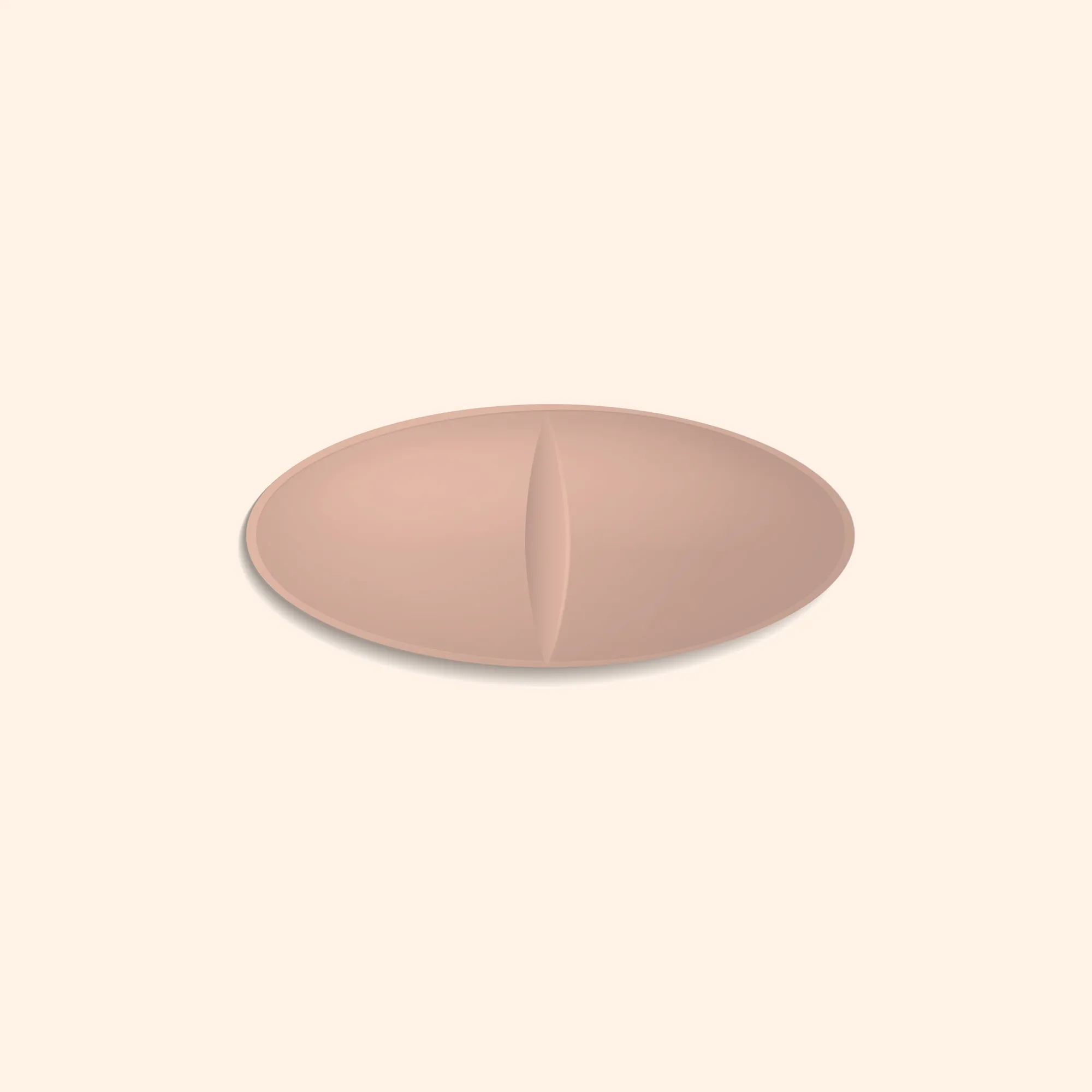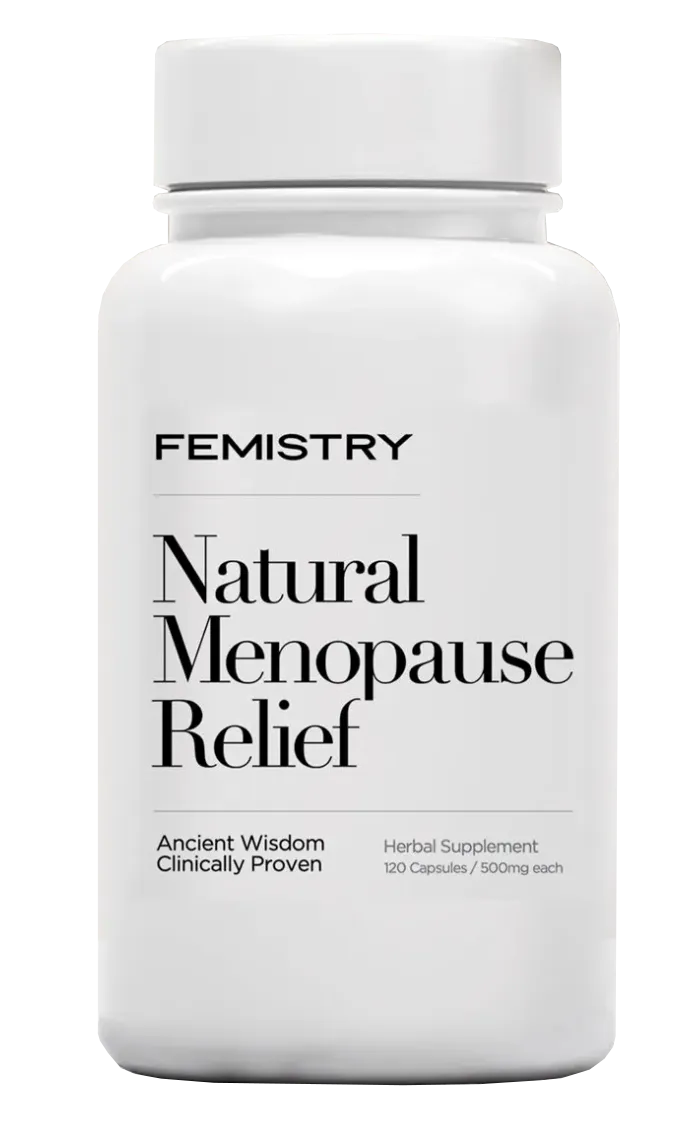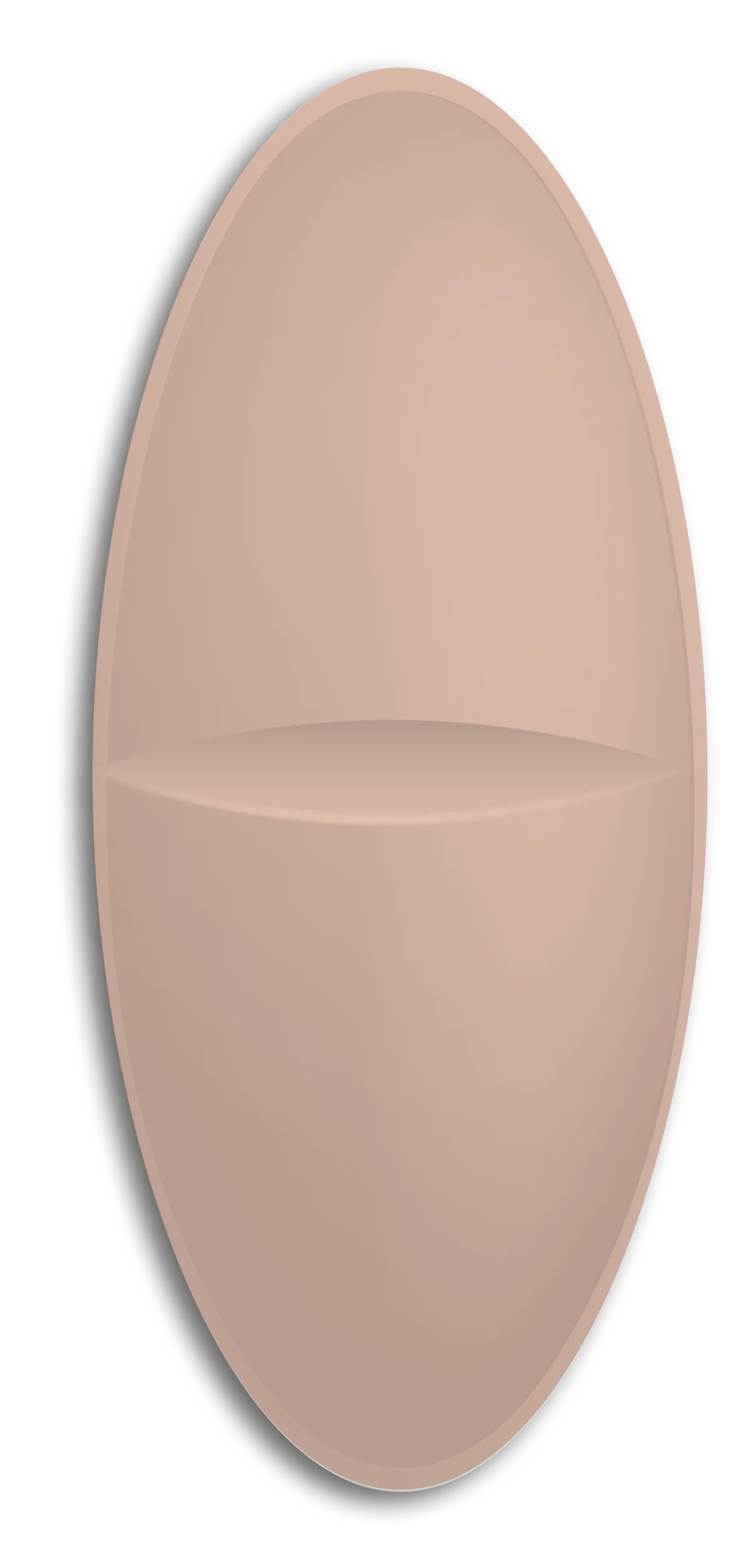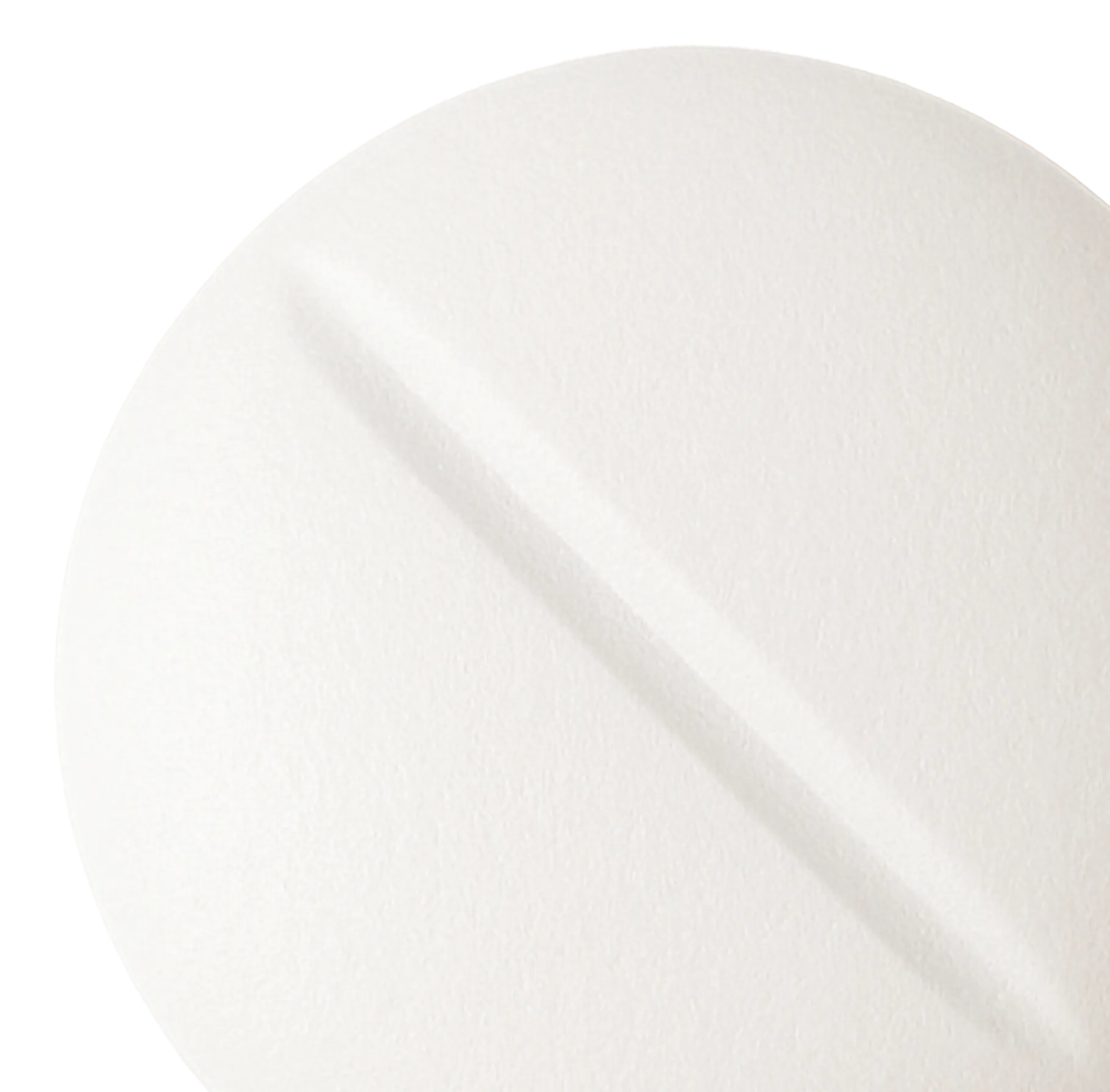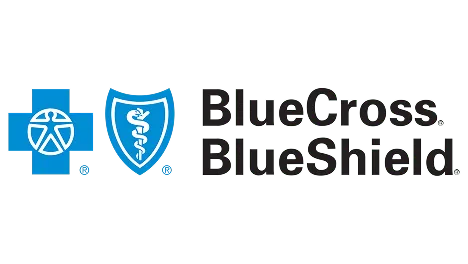Important safety information
Do not use VEOZAH if you:
- have cirrhosis.
- have severe kidney problems or kidney failure.
- are taking certain medicines called CYP1A2 inhibitors. Ask your healthcare provider if you are not sure.
Before you use VEOZAH, tell your healthcare provider about all of your medical conditions, including if you:
- have liver disease or problems.
- have kidney problems.
- have any medical conditions that may become worse while you are using VEOZAH.
Tell your healthcare provider about all the medicines you take, including prescription and over-the-counter medicines, vitamins, and herbal supplements. VEOZAH may affect the way other medicines work, and other medicines may affect how VEOZAH works.
What are the possible side effects of VEOZAH?
VEOZAH can cause serious side effects, including:
- increased liver blood test values. Your healthcare provider will do a blood test to check your liver before you start taking VEOZAH. Your healthcare provider will also do this blood test at month 3, month 6, and month 9 after you start taking VEOZAH.
Call your healthcare provider right away if you have the following signs and symptoms of liver problems:
- nausea
- vomiting
- yellowing of the eyes or skin (jaundice)
- pain in the right upper stomach (abdomen)
The most common side effects of VEOZAH include:
- stomach (abdominal) pain
- diarrhea
- difficulty sleeping (insomnia)
- back pain
- hot flashes or hot flushes
These are not all the possible side effects of VEOZAH. Tell your healthcare provider if you have any side effect that bothers you or does not go away.
Call your healthcare provider for medical advice about side effects. You are encouraged to report negative side effects of prescription drugs to the FDA. Visit www.fda.gov/medwatch or call 1-800-FDA-1088.
For more information, talk to your healthcare provider and see Patient Product Information for VEOZAH (fezolinetant).
VEOZAH® (fezolinetant) tablets
Experience relief with VEOZAH®

Reduces hot flashes and night sweats
Non-hormonal treatment
Improves daily comfort and sleep
How Evernow works
Two ways to access expert menopause care
From one-time video visits to ongoing membership, you have the freedom to choose the personalized care that fits your needs.

Pay-per-visit


Membership

Real results from real women
VEOZAH® FAQs
Veozah (fezolinetant) is an FDA-approved, non-hormonal treatment for moderate to severe hot flashes and night sweats caused by menopause.
Veozah is a once-daily oral medication that targets specific receptors in the brain involved in temperature regulation. By blocking these receptors, Veozah helps reduce the frequency and severity of hot flashes and night sweats without using estrogen or progesterone.
Veozah may be an option for women who have bothersome hot flashes and night sweats and either prefer not to use hormone therapy or cannot take it for medical reasons. Your Evernow provider will review your symptoms, health history, and preferences to determine if Veozah is the right choice for you.
Yes. VEOZAH® (fezolinetant) is FDA-approved for the treatment of moderate to severe vasomotor symptoms (commonly known as hot flashes and night sweats) caused by menopause.
Click Get Care and select your preferred type of care - a virtual visit or membership. You'll connect with a licensed clinician trained in menopause to develop a personalized care plan. Any medications you are prescribed can be sent to your local pharmacy or delivered to your home.
Yes. We accept insurance for video visits from major plans like UnitedHealthcare, Aetna, Anthem, and Blue Cross Blue Shield. Medications are also covered by commercial insurance if picked up at your local pharmacy. Most out of pocket costs with Evernow are also FSA/HSA eligible.
